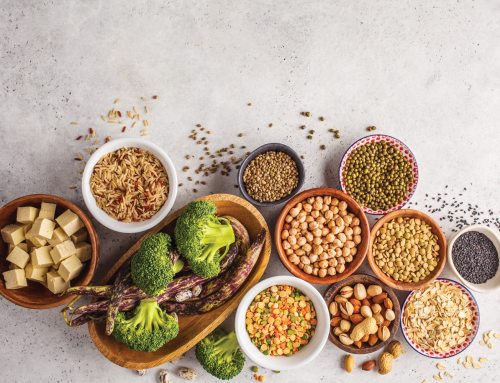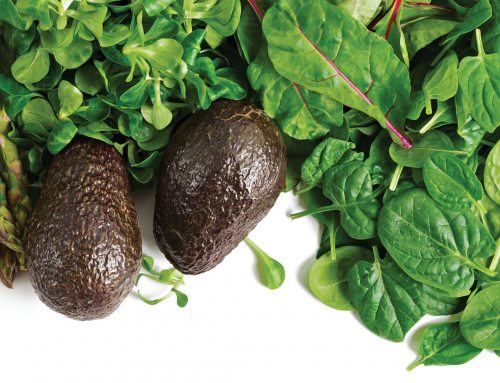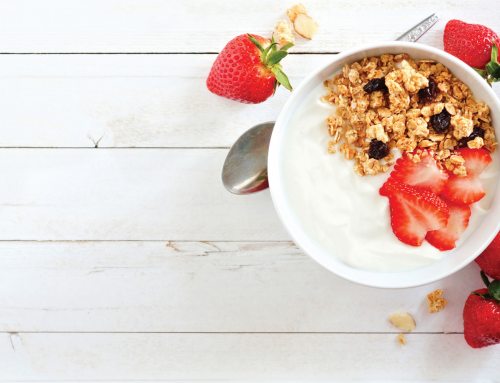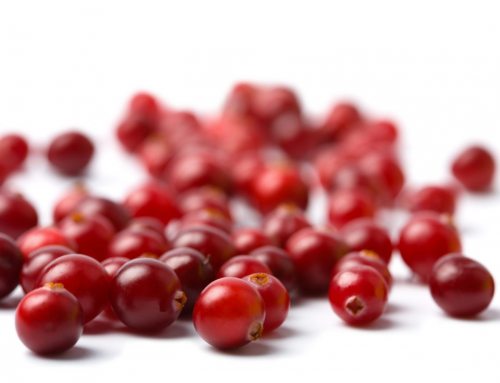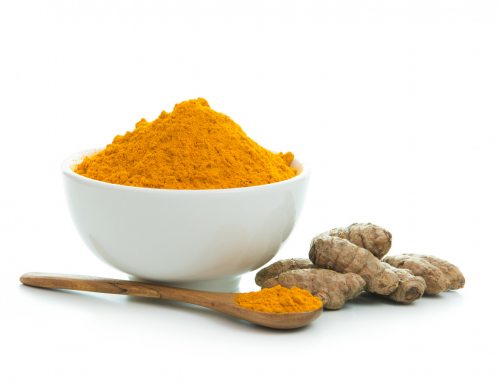By Chris Newport
Now you’ve got to be wondering… does the PERFECT sports drink exist? Since everyone’s sweat rate, genetics, athletic demands, heat acclimatization, and medical conditions vary, the perfect sports drink is very individualized. While your training partner may have success with one drink, it may not be right for you. To find what’s right for you, it’s time for some testing and experimentation. Sweat testing is the best way to determine your perfect formula so you can hydrate properly to perform your best. In other words, everyone’s sweat is unique.
Why is hydration important? It will improve your performance, delay fatigue and decrease your risk of heat illness. The goal should be to lose <2% of your body weight during workouts. Ideally, it should be closer to 1%. When you lose 2% of your body weight, heart rate increases and you’ll start to feel uncomfortable. If you lose 4%, performance will clearly decline (if it hasn’t already) and nausea sets in. Losing 8% results in dizziness and labored breathing.
So how is hydration best achieved? Electrolytes, fluid, and carbohydrates are the best combination for hydration during workouts over 1 hour. Sodium is the main electrolyte lost in sweat, although potassium, chloride, magnesium, and calcium are also lost. All of them are responsible for proper muscle function. In fact, magnesium helps regulate potassium and calcium. Based on the sweat testing we’ve done, most sports drinks are lacking sufficient electrolytes.
To determine the amount of fluid lost in a workout, weigh yourself before and after a workout. However, the only way to determine electrolyte loss it to get it tested. We’ve tested people who have lost <1g of sodium per hour and <1% body weight, while others have lost 4g of sodium per hour and >2% body weight. Since sweat is so unique, your sports drink should be too. In fact, we can match your sweat to an existing product or create your own sports drink.
Another important consideration in choosing the perfect sports drink is having at least two types of sugar. You may see sucrose (table sugar), fructose, brown rice syrup, honey, maltodextrin, dextrose, galactose and more listed on the label. Recent research suggests that products containing glucose and fructose can delay exhaustion by 25-40%, if consumed before exercise. However, fructose (which is what makes drinks sweet) can often create GI distress (since it’s digested differently) so it’s important to experiment. It’s also important to consume sports drinks at full strength since diluting them alters the absorption and may increase the risk of hyponatremia.
Finally, the perfect sports drink should taste good and be palatable in different weather conditions. If you don’t like the taste, you won’t drink it, thereby defeating the purpose! Choose a drink that best matches your sweat rate and concentration that is tolerable at full strength and you’ll reap the performance benefits.
# # #
Chris Newport is a registered dietitian, certified sports nutritionist, triathlon coach and sweat & metabolic testing expert. She owns The Endurance Edge, an integrative performance center offering endurance & health coaching, nutrition services, massage, metabolic & sweat testing, physical therapy, and sport psychology. Check out her free hydration guide online at www.TheEnduranceEdge.com.


